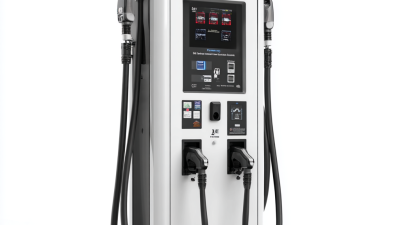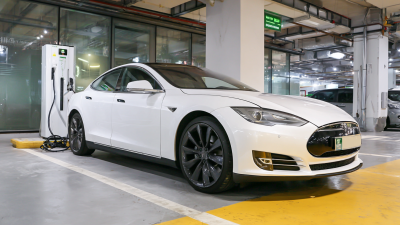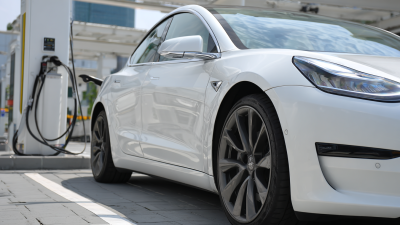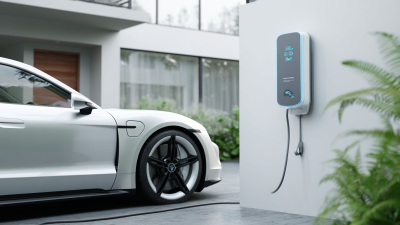As the electric vehicle (EV) market continues to grow, choosing the right home EV charger has become an essential consideration for eco-conscious consumers. With the increasing number of EV models available, it's crucial to understand the various types of home EV chargers and their key features to ensure optimal charging solutions that align with your lifestyle. In 2024, innovations in charging technology, software integration, and energy efficiency are more important than ever, making it vital for homeowners to stay informed about industry insights.
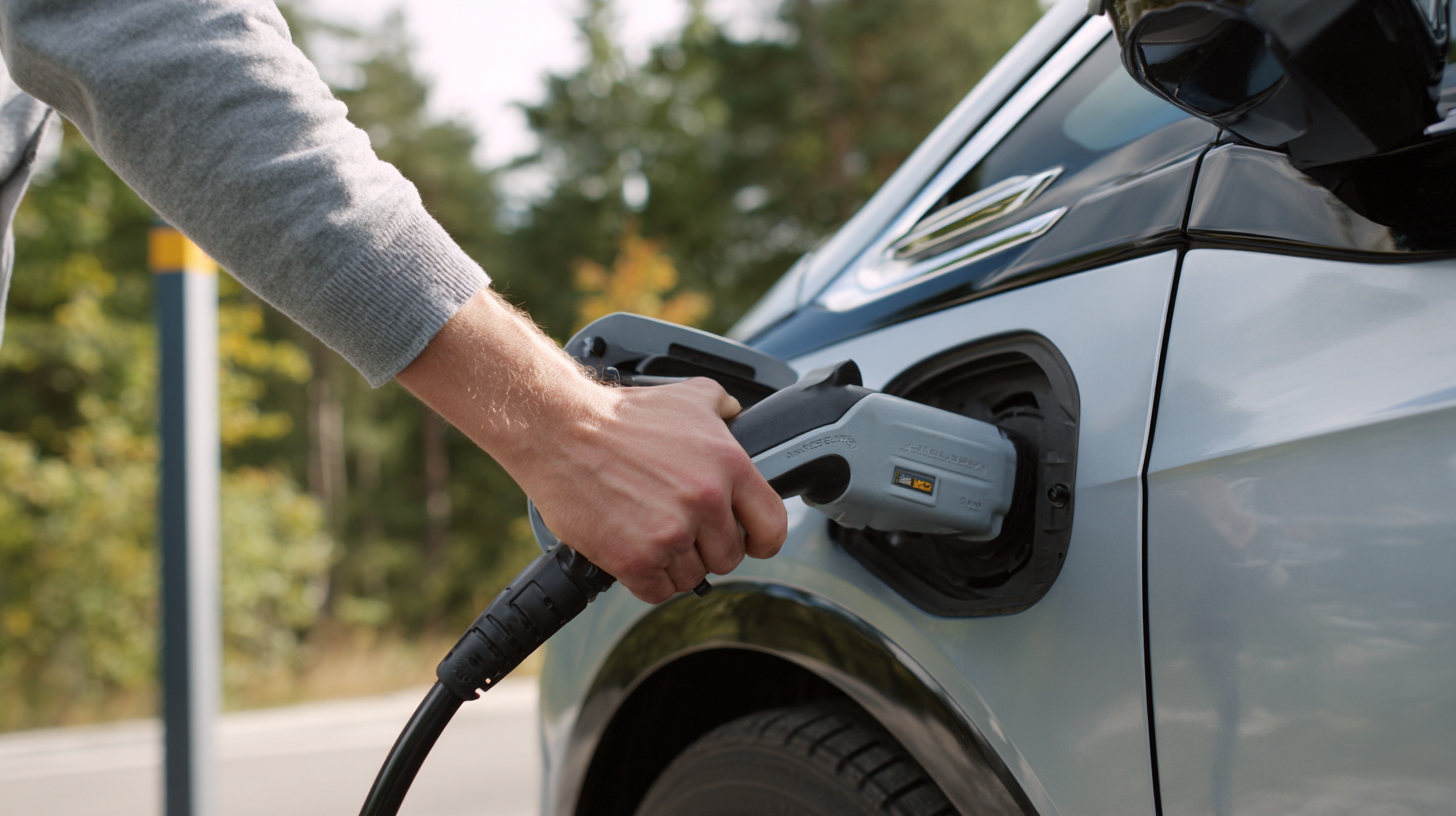
This blog will guide you through the landscape of home EV chargers, detailing the factors you should consider, the types of chargers available, and the benefits of each option. Whether you're a new EV owner or looking to upgrade your current charging setup, understanding these elements will empower you to make an informed decision that enhances your driving experience and aligns with future energy trends.
When it comes to selecting the right home EV charger, understanding the two primary types—Level 1 and Level 2 chargers—is essential. Level 1 chargers are the most basic option, utilizing a standard 120-volt outlet found in most households. While they are convenient and require no additional installation, they are also significantly slower, typically adding only about 3-5 miles of range per hour of charging. This makes them suitable for drivers who have extended charging needs overnight but may not be ideal for those who drive longer distances daily.
On the other hand, Level 2 chargers operate at 240 volts and offer a much quicker charging experience, providing around 25 miles of range per hour. Though they usually require professional installation and a higher upfront cost, the efficiency and convenience they bring can greatly enhance the electric vehicle ownership experience. For homeowners who frequently rely on their EVs for commuting or travel, investing in a Level 2 charger can provide peace of mind and ensure that their vehicle is consistently ready to go. Understanding these distinctions will help prospective EV owners make an informed choice that aligns with their driving habits and lifestyle.
When selecting the right home EV charger, there are several key features to consider that can enhance your charging experience and ensure compatibility with your electric vehicle. First and foremost, charging speed is a critical factor. Look for Level 2 chargers, which can provide up to 10 times the charging speed of standard Level 1 chargers. This means you can fully charge your vehicle overnight, making it practical for everyday use without long downtime.
Another important feature is the charger’s connectivity options. Many modern EV chargers come equipped with Wi-Fi or cellular capabilities, allowing you to monitor charging status, schedule charging times, and even receive notifications on your smartphone. Additionally, consider chargers with built-in safety features such as overcurrent protection and surge protection to safeguard both your vehicle and home.
The design and ease of installation are equally important; choose a wall-mounted unit that fits your living space and allows for tidy cable management. With these features in mind, you can select a charger that best suits your lifestyle and ensures optimal charging performance.
When selecting a home EV charger, compatibility with future electric vehicle models is a crucial consideration. As manufacturers continue to innovate, it's essential to choose a charger capable of adapting to the evolving technology of upcoming EVs. Many new models are being equipped with faster charging capabilities, advanced battery technologies, and varying connector types. Therefore, investing in a charger that is versatile and can accommodate these changes will not only enhance your vehicle's charging experience but also provide peace of mind as you look towards the future.

In 2024, look for chargers that support both current and emerging charging standards. This includes Level 2 chargers with adjustable power output settings and Smart Charging features that allow for real-time updates and compatibility with a broader range of vehicles. Additionally, consider chargers that integrate seamlessly with home energy management systems. This future-proofing strategy ensures your charger remains relevant and efficient, enabling it to keep pace with the rapid developments in the EV market. By proactively choosing the right features today, you'll secure a reliable charging solution that meets the demands of tomorrow's electric vehicles.
When considering an electric vehicle (EV) charger for your home, understanding the costs involved is crucial. According to a recent report by the U.S. Department of Energy, the average cost of a Level 2 home EV charger ranges from $500 to $700, excluding installation fees. The installation can add an additional $300 to $1,200 depending on the complexity of the setup and local electric codes. Planning your budget should also factor in potential upgrades to your home’s electrical system, which can run between $1,000 and $3,000.
Tip: Always get multiple quotes from licensed electricians to ensure you are receiving the best possible price for installation. Don’t hesitate to ask for a breakdown of costs to avoid unexpected expenses.
In addition to the upfront expenses, it's wise to consider long-term savings. While the initial investment in an EV charger may seem significant, homeowners can benefit from lower electricity rates for charging their vehicles at home, which can amount to savings of over $1,000 annually compared to gasoline. Furthermore, some utility companies offer rebates that can help offset initial costs, improving your return on investment.
Tip: Check with your local utility provider for any available incentives or rebates that can help reduce your initial costs. This not only helps with budgeting but also encourages the adoption of electric vehicles in your community.
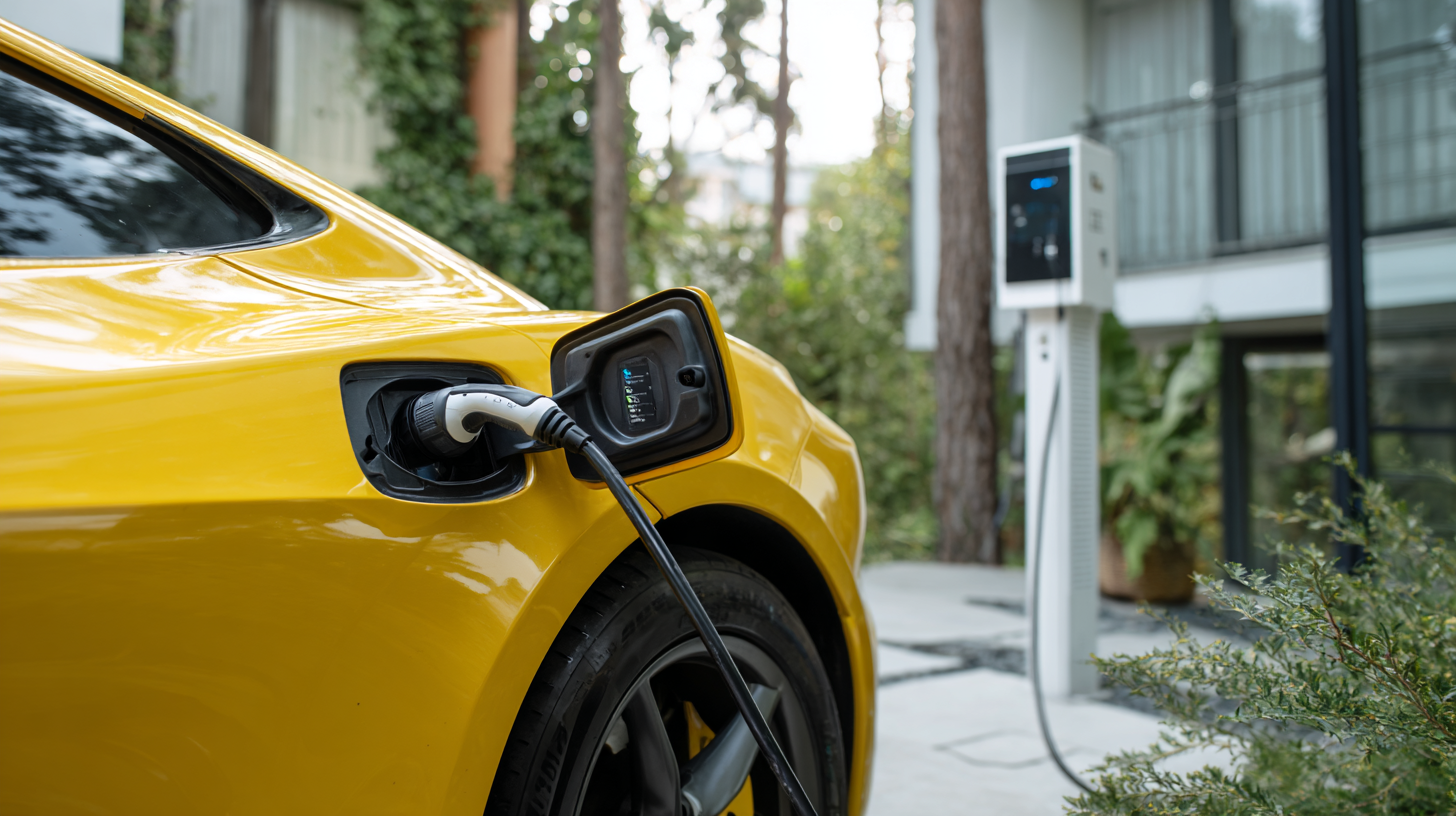
As we head towards 2024, the electric vehicle (EV) charging landscape is poised for significant transformation, driven by advancements in technology and an increase in consumer demand. According to a recent report by the International Energy Agency, the number of electric vehicles on the road is expected to surpass 300 million globally by 2030, creating a surge in the need for efficient home charging solutions.
Notably, home EV charger installations are projected to grow at a compound annual growth rate (CAGR) of 30% in the next five years, highlighting the importance of selecting the right charger for your needs.
One of the key trends shaping home EV charging solutions is the move towards smart charging stations. Industry Analysts from Bloomberg New Energy Finance indicate that smart chargers, which allow users to monitor and control charging through smartphone apps, are becoming increasingly popular. These devices not only enhance user convenience but also enable users to take advantage of time-of-use electricity pricing, thereby reducing overall charging costs. Furthermore, the integration of solar energy solutions with home chargers is gaining traction, enabling homeowners to charge their vehicles with renewable energy, which aligns with global sustainability goals. As a result, foresight into these trends will guide consumer decisions in their quest for the perfect home EV charger.


